Latest News
Obama Uses State of the Union to Defend His ISIS Strategy

In his final State of the Union address, President Obama gave the greatest defense to date of his foreign policy strategy, and particularly his approach to the fight against ISIS, arguing his efforts had kept the country safe in a time of “extraordinary change.”
The president took direct aim at his critics, both on Capitol Hill and on the 2016 campaign trail, who have, often in highly personal terms, bludgeoned him over his handling of world affairs.
Obama said such criticism, like charges that America’s economy is in decline, is “political hot air.”
“The United States of America is the most powerful nation on Earth. Period. It’s not even close,” the president said. “We spend more on our military than the next eight nations combined. Our troops are the finest fighting force in the history of the world. No nation dares to attack us or our allies because they know that’s the path to ruin. Surveys show our standing around the world is higher than when I was elected to this office, and when it comes to every important international issue, people of the world do not look to Beijing or Moscow to lead. They call us.”
Obama devoted the lion’s share of the speech’s foreign policy section to the war on ISIS, acknowledging the threat posed by terror groups like it and al-Qaeda. But he pushed back against the type of rhetoric that has become a trademark of the GOP presidential primary.
“But as we focus on destroying ISIL, over-the-top claims that this is World War III just play into their hands,” Obama said, in what may have been a jab at Donald Trump and Sen. Marco Rubio (FL), who have painted the conflict as a war between civilizations. “Masses of fighters on the back of pickup trucks, twisted souls plotting in apartments or garages — they pose an enormous danger to civilians, they have to be stopped, but they do not threaten our national existence.”
The president rattled off familiar talking points about the progress being made by the U.S.-led coalition against ISIS, including nearly 10,000 airstrikes and reclaiming territory in Iraq and Syria. He also called on lawmakers to vote on a new war powers resolution.
“Take a vote,” he said. “But the American people should know that with or without Congressional action, ISIL will learn the same lessons as terrorists before them. If you doubt America’s commitment — or mine — to see that justice is done, ask Osama bin Laden.”
The president touched on other global hot spots like Afghanistan, Pakistan and Africa, as places where extremists are establishing safe havens.
“The world will look to us to help solve these problems, and our answer needs to be more than tough talk or calls to carpet bomb civilians. That may work as a TV sound bite, but it doesn’t pass muster on the world stage,” he told the chamber, taking aim at Sen. Ted Cruz (TX), another Republican presidential contender who skipped the address to be on the campaign trail.
In an interview with NBC News, Cruz responded by again criticizing the president for not using the words “radical Islamic terrorism” and not mentioning recent attacks. “He didn’t say a word about the Paris terror attacks. He didn’t say a word about San Bernardino. He didn’t say a word about the Philadelphia police officer who was shot 13 times by a terrorist pledging allegiance to ISIS,” Cruz said. “And I think the American people, they’re tired of having a president who will not even acknowledge the evil we’re facing, much less do anything serious to stop it.”
In his speech, Obama also made no mention of the fact that two U.S. Navy boats had been seized in the Persian Gulf by Iran and 10 sailors stand accused of spying. While the situation has yet to play itself out, the absence could come back to haunt the president. Republicans lawmakers criticized the omission.
But Obama’s State of the Union address was focused less on specific situations and more on broad principles about America’s leadership role in the world, as when the president once again dug in his heels against the idea of deploying U.S. forces to “every country that falls into crisis.”
“That’s not leadership; that’s a recipe for quagmire, spilling American blood and treasure that ultimately weakens us,” he said. “It’s the lesson of Vietnam, of Iraq — and we should have learned it by now.”

Latest News
Kazakhstan removes IEA from list of terrorist organizations
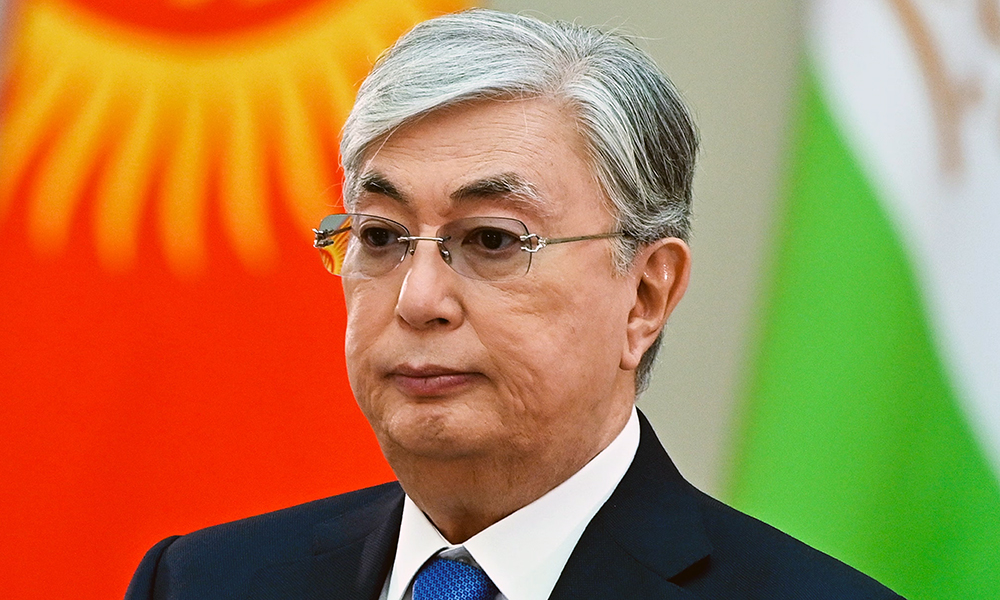
The President of Kazakhstan Kassym-Jomart Tokayev said Monday that his country has removed the Islamic Emirate of Afghanistan [IEA] from its terrorist list in order to develop economic ties with Afghanistan.
Speaking at a meeting with parliament speakers from countries of the Collective Security Treaty Organization (CSTO), Tokayev said: “Kazakhstan has removed the Taliban from the list of terrorists proceeding from the importance of developing trade and economic cooperation with present-day Afghanistan taking into account that this regime is here to stay.”
According to Tokayev, involving Afghanistan in interregional cooperation will be a priority going forward, Russia’s TASS news reported Monday.
Tokayev stressed the importance of the CSTO standing together on this matter and called on them to support his country’s initiative which was geared toward establishing a UN regional center for sustainable development in Central Asia and Afghanistan in the city of Almaty.
Latest News
Fazl blasts Pakistani government for blaming Afghanistan over attacks
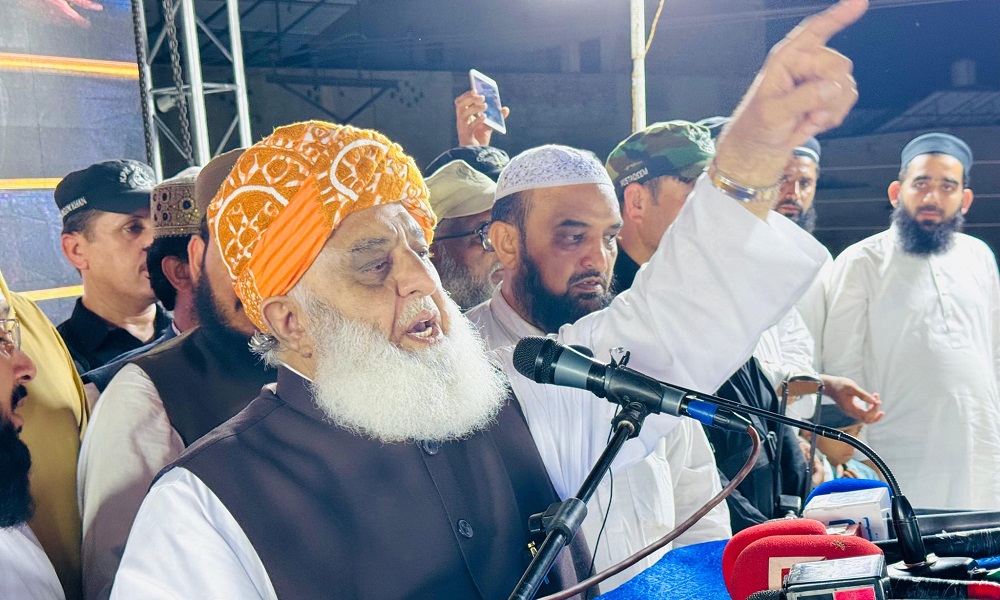
Maulana Fazal-ur-Rehman, chief of Pakistan’s Jamiat Ulema-e-Islam-Fazl (JUI-F) political party, on Sunday criticized the government of Pakistan for blaming Afghanistan over attacks.
Speaking at a rally in Punjab province, Rehman pointed out the irony of the government of Afghanistan being questioned over terrorism within Pakistan, and asked, “If terrorists are infiltrating from across the Afghanistan border, then where are you at the border?”
He noted that Pakistan declared a war against terrorism, yet terrorism continues to rise.
Rehman mentioned that Pervez Musharraf, the former president of Pakistan, had allowed the United States to use Pakistan’s air bases for “attacking Afghans”.
“Did they ever complain to you that why planes fly from your airports and attack us? They did not complain about your planes and your bombing. You ruined the lives of thousands of people for 20 years. You destroyed the tribes.
“Do you know that those who live in the border areas are Pakistani and they hate the institutions of their country and want to fight against the institutions of their country? Is someone else to blame for the hatred you have created against yourself?” Rehman asked.
Pakistani officials have repeatedly claimed that attacks in the country are planned in Afghanistan and their perpetrators enter Pakistan from Afghanistan.
However, the Islamic Emirate has rejected these claims and said that Afghanistan is not responsible for Pakistan’s “security failure”.
Latest News
Indonesian delegation vows cooperation on healthcare, education during Kabul visit
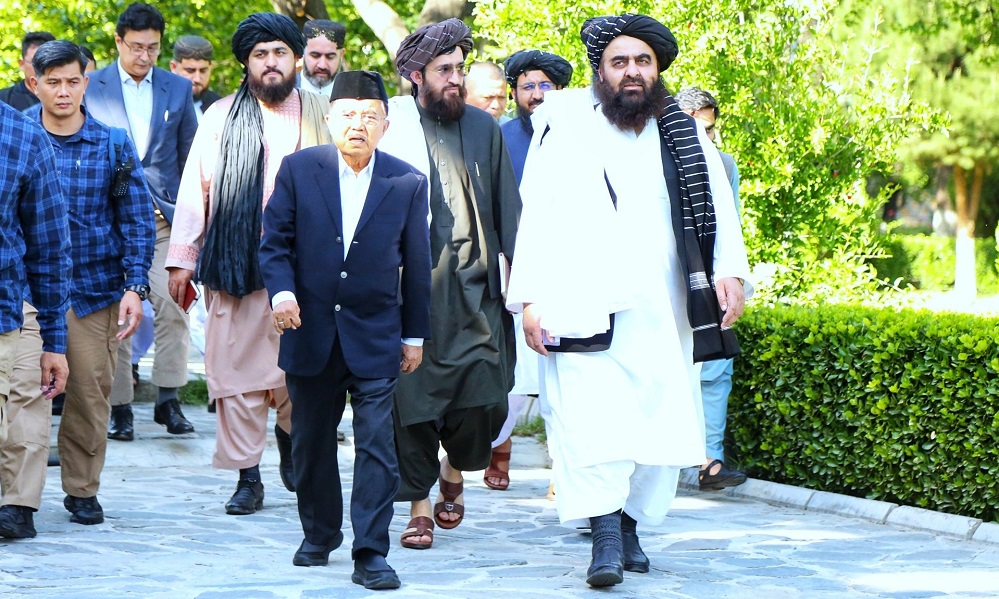
An Indonesian delegation in a meeting with Acting Foreign Minister Amir Khan Muttaqi in Kabul assured that Indonesia will cooperate with Afghanistan in the area of healthcare and will offer scholarships to students.
The delegation comprised Muhammad Yusuf Kalla, the Chairman of the Indonesian Red Crescent Society and Mosque Council, Hamid Awaludin, former minister of law and human rights, and Sudirman Said and former minister of energy and mineral resources.
The Ministry of Foreign Affairs in a statement said that discussions focused on the expansionof bilateral relations between Afghanistan and Indonesia, encompassing political, economic, trade, and people-to-people aspects.
Muttaqi highlighted the shared religious and cultural respect between the two nations and expressed Afghanistan’s desire to strengthen and enhance relations with its friendly and brotherly country, Indonesia.
He noted that after 45 years of war, peace has finally been established in Afghanistan, creating favorable opportunities for trade and foreign investment in sectors such as energy, mining, agriculture, road construction, and industry.
He noted that Afghanistan’s relations with the international community are expanding, and it maintains positive ties with neighboring countries and the region, adding that Afghanistan is keen on expanding its relations with Southeast Asian countries.
Muttaqi went on to say that given its strategic location, Afghanistan has established facilities in the areas of trade, investment, and transit between Central and South Asia. Additionally, it is actively engaged in major regional economic projects, including the CASA-1000 energy project, TAPI (Turkmenistan-Afghanistan-Pakistan-India) pipeline, and Trans-Afghan Railway Project, he said.
Muttaqi emphasized that the Islamic Emirate of Afghanistan has successfully tackled threats posed by Daesh and drug trafficking, assuring all countries that Afghanistan is not a threat to any nation.
According to the statement, Kalla expressed a positive evaluation of Afghanistan’s political and security situation. He expressed Indonesia’s desire to expand relations with Afghanistan across various fields and pledged to provide accurate information about Afghanistan to the Indonesian government and people.
He stated that Indonesia hopes to cooperate with Afghanistan in the field of healthcare, and offering scholarships and fellowships to Afghan students.
Both sides emphasized the importance of expanding and strengthening relations between Afghanistan and Indonesia in political, economic, trade, cultural, and educational fields.
-
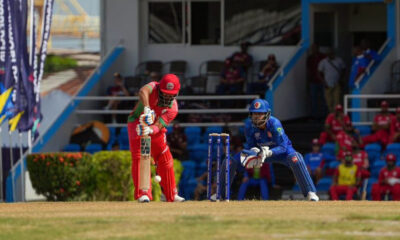
 Sport5 days ago
Sport5 days agoWeather washes out Afghanistan v Oman T20 World Cup warm up match
-
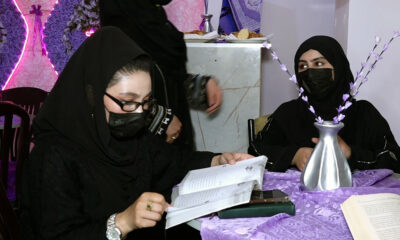
 Latest News5 days ago
Latest News5 days agoGroup of women open coffee shop in Kabul
-

 Latest News5 days ago
Latest News5 days agoNearly 1,000 Afghan refugees deported from Pakistan in one day
-

 Sport3 days ago
Sport3 days agoAfghanistan beat Scotland by 55 runs in T20 World Cup warm-up
-
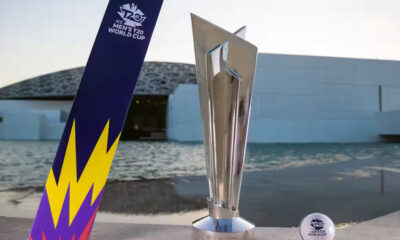
 Sport4 days ago
Sport4 days agoAll you need to know about this year’s T20 World Cup groups
-
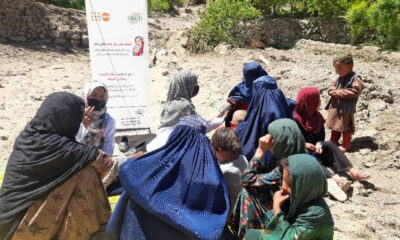
 Latest News4 days ago
Latest News4 days agoHealth teams sent to flood affected areas in Afghanistan with the help of UN
-
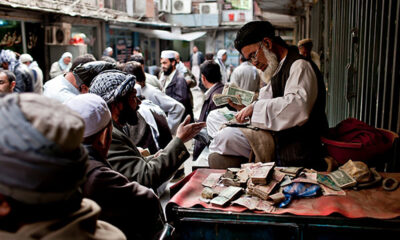
 Business4 days ago
Business4 days agoCentral bank warns against dealing with unlicensed money changers
-
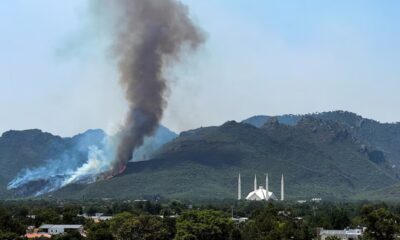
 Climate Change4 days ago
Climate Change4 days agoPakistan battles forest fires amidst heat wave















